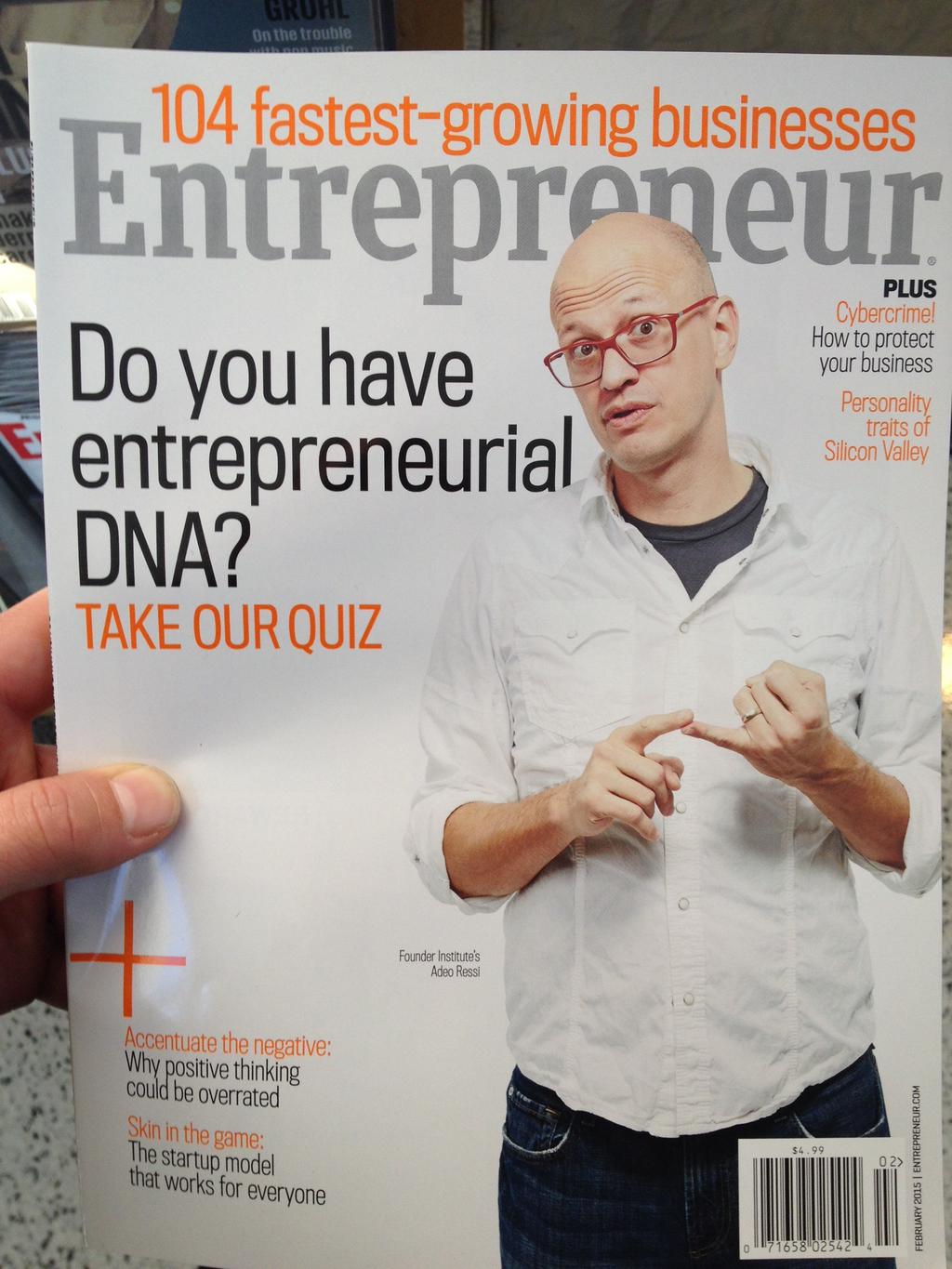
Watch The World In 2016
I feel it is important to take time to understand global trends and events in order to keep clear the lens through which we view what is happening in our own lives. So take a few minutes and get ready for the world in 2016.
I feel it is important to take time to understand global trends and events in order to keep clear the lens through which we view what is happening in our own lives. So take a few minutes and get ready for the world in 2016.
The 2016 Summer Olympics will be in Brazil this August. In November the United States will elect a new President. Meanwhile, Europe will continue to experience one of the largest human migrations in decades. El Nino will continue to disrupt normal weather patterns for months in to the new year. Toxins from oceanic plastic pollution will continue to enter the human food chain as fish that we eat digest the small plastic particulates from the Great Pacific Garbage Patch. Virtual reality will begin to displace other forms of mainstream media consumption. Anxiety disorders will begin to be discussed openly as they now affect 40% of the population. The amount of global wealth belonging to the top 1% is expected to become greater than the amount of global wealth belonging to the other 99% combined this year. 2016 also commemorates 400 years since the death of William Shakespeare and this special anniversary year will be sure to inspire many Shakespeare related themes throughout the year. See for your self below what the Economist predicts for "The World In 2016".
What Makes a Successful Entrepreneur? Circumstance, Genetics, and Perseverance
Recently Adeo Ressi, Founder of the Founder Institute, was asked, “what does it take to be a successful entrepreneur?”. In Adeo’s opinion, his answer was successful entrepreneurship is a combination of three things: Genetics, Circumstance & Perseverance.
Steve Jobs
Recently Adeo Ressi, Founder of the Founder Institute, was asked, “what does it take to be a successful entrepreneur?”.
In Adeo’s opinion, his answer was successful entrepreneurship is a combination of three things: Genetics, Circumstance & Perseverance.
Let’s go through all three.
Adeo Ressi
1. Genetics
The Founder Institute has completed social science testing on over ten thousand prospective entrepreneurs, measuring things like “Big 5 Personality Traits”, Fluid Intelligence, IQ, and more. The Institute then watched who became successful, and correlated back the measured traits that best predicted success, in a scientific process.
The traits that best predict entrepreneurial success are genetic, such as Fluid Intelligence and Openness. BUT, just because you have traits that MAY make you successful as an entrepreneur, does not mean that you WILL be successful. Similarly, just because you are tall does not mean that you are good basketball player.
In other words, you need the raw materials, but you also need other things.
2. Circumstance
Being in the proverbial “right place at the right time” matters a lot towards your ultimate success as an entrepreneur.
Timing is everything (..almost).
For example, Michael Diamant started iClips, a site exactly like YouTube, a few years before YouTube launched. iClips was a truly well-executed business, but the necessary bandwidth, camera penetration, and streaming technology adoption did not yet exist for it to gain massive traction. He was simply too early for the market.
Circumstances are not all market-specific, either. You can have perfect market-timing, but your personal circumstances might not be optimal. For example, you could have the best idea and timing while you are a high school student, and start to execute on that idea to the the best of your ability — but then a veteran entrepreneur does the same business with millions in venture capital and captures the whole market.
Some circumstances are in your control, and some are simply outside of your control, but most successful entrepreneurs will concede that some of their success is attributable to circumstance.
3. Perservance
You only fail in your business when you actually give up, so, in fact, no business would ever fail if people persevered.
When you look at the Founders of some of the most successful technology companies in the world, and there almost always were (and still are) times when the Founders simply refused to give up despite unbelievable problems, stress, and negative signaling
“Entrepreneurship is like eating glass and walking on hot coals at the same time” — Elon Musk
Elon Musk
An entrepreneur faces all of the debilitating problems of their own life, coupled with all of the personal problems of their team, as well as hostile operating environments, limited capital, stretched resources, no time, regulatory burdens, changing technology… the list is endless.
The loneliness and darkness of entrepreneurship is not discussed very often, but it is very, very real.
Those that persevere succeed. Those that do not, do not.
The Single Biggest Reason Why Startups Succeed
I was recently watching Charlie Kim, founder and CEO of Next Jump, presenting at the Founder Institute. During his talk he cited a TED talk by Bill Gross titled "The Single Biggest Reason Why Startups Succeed".
I was recently watching Charlie Kim, founder and CEO of Next Jump, presenting at the Founder Institute. During his talk he cited a TED talk by Bill Gross titled "The Single Biggest Reason Why Startups Succeed". I found the talk and enjoyed it so much I thought I would share it. You can find the link to it by clicking here.
Bill wanted to find out what is the single biggest reason startups succeed. He analyzed 200 companies. For each company he looked at the business traits of Funding, Business Model, Idea, Team, and Timing to determine which traits correlated most to its success. The quick synopsis is that the Bill Gross study showed that Timing (42%) is the single most important factor in a why a startup succeeds. Followed by Team (32%), Idea (28%), Business Model (24%), and lastly Funding at (14%).
What do you think? Agree? Disagree? Let me know in the comments below.







